At the start of every New Year, words like “resolutions” and “vision” make an appearance. Plenty of books, articles, and sermons are available on how to set goals and realize those goals. It’s not that setting goals is bad. I set goals and trust that God is in my goal-setting. Now that the year is coming to a close, I am evaluating my progress (or lack of it). There have been storms battering my ship, as it were, and I feel a bit deflated.
My daily reading brought me recently to the book of Jonah. And I found myself relating to this prophet of the Old Testament. One of the things I appreciate about the Book of Jonah is that the account is down-to-earth. There’s nothing hidden about Jonah. He wore it all on his sleeve, and yet God used him. That meant, as I read about Jonah, that there was hope for me, too.
A real-life Cinderella

I used to assume good ideas were God-inspired. Indeed, many good ideas come from God. But not all good ideas are God’s ideas. I learned the hard lesson over time that there was more to success than I thought. For example, when I married Jamie, I was sure that I would be a princess forever. Jamie’s nickname for me was “princess.” I thought I was a princess until I became a real-life Cinderella—the toilets needed scrubbing.
I wondered, after a few years of fumbling this way, if I was wrong. What if there was something to be said about surrendering to God and His will when it made no sense? What if the problem wasn’t in my surroundings but in my reactions and prideful thinking?
The runaway prophet in the school of storms and fish
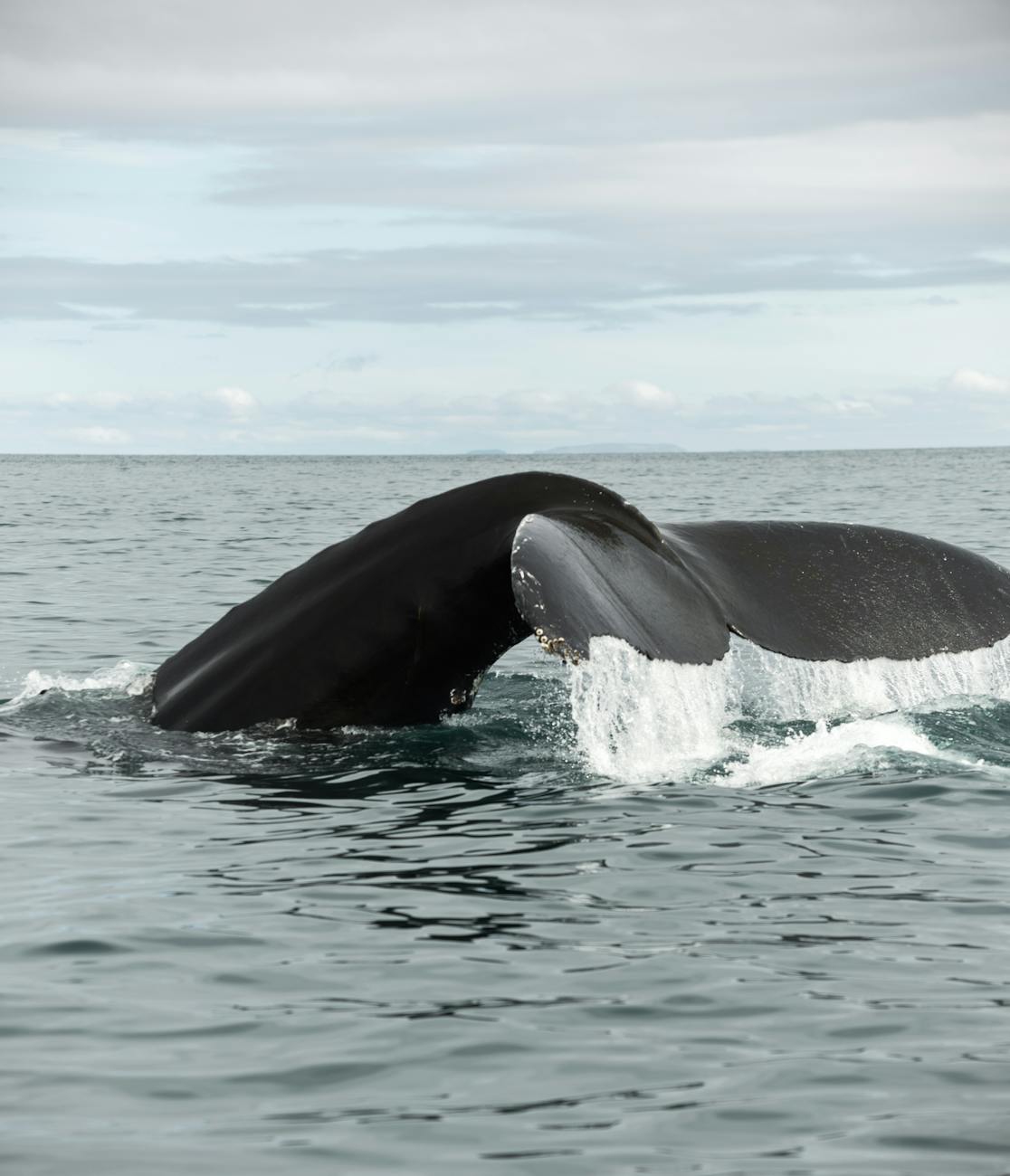
God sent Jonah to the ancient city of Nineveh for a special mission (see Jonah 1). God wanted him to go on a three-day trip inland from where he was. Jonah was called to proclaim His message of repentance to the people of the city. God wanted to give the Ninevites a chance to repent. The problem with this was the historical hatred that existed between the Jews and the Ninevites. The Ninevites were Israel’s ancient enemies, the Assyrians. They were a warring people that periodically plundered Israel, destroying their villages, and killing their people. God commanded Jonah to do something that Jonah couldn’t understand. His solution? Run away!
Once Jonah fled, God had a two-fold problem on His hands: an unrepentant city and a runaway prophet. Jonah took refuge on a ship sailing for faraway lands and hid. Rather than making his escape, the ship’s crew threw him overboard. A “large fish” promptly ate him. What living in a fish’s gut is like is not something I care to think of. The lightest whiff of “fish smell” makes my stomach turn.
God held on to Jonah in the belly of that fish, and He holds on to us. He holds on to you. God used many circumstances in the school of storms and fish to corner the runaway prophet and get his attention. Had Jonah just obeyed, he could have avoided a lot of trouble. Just like me. I could have, in my lifetime, avoided a lot of bad circumstances by just obeying. Instead, I found myself wrapped up in seaweed in the belly of a fish.
Ninevah, the city of people Jonah hated
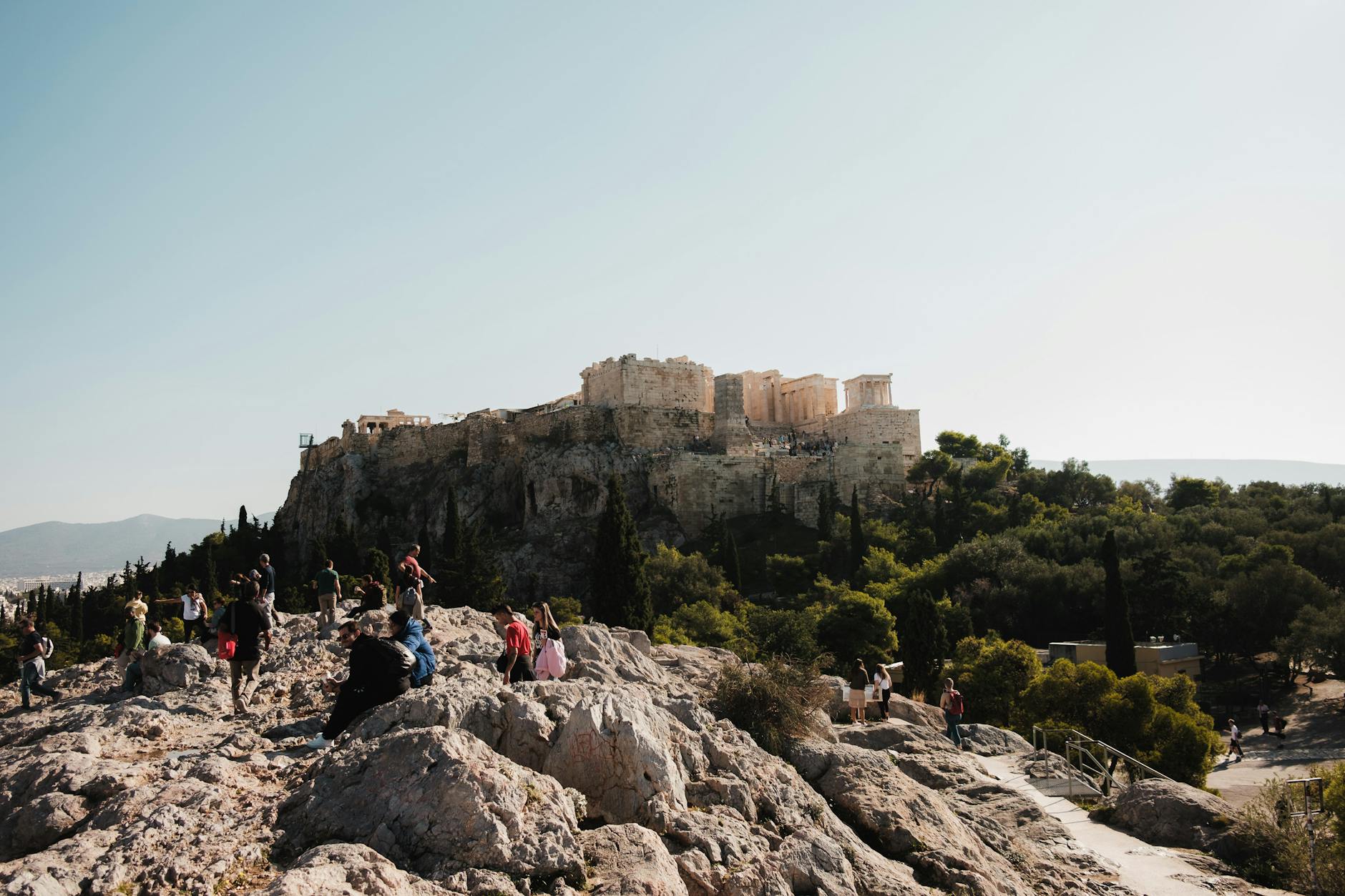
It took a lot for Jonah to respond to God. And even when he finally did respond and go, he did so with an attitude. How I relate to Jonah, attitude and all.
Nineveh was a huge city. Jonah 3:3, says that the city was so large that it took three days to travel across it. What that means in actual mileage is unclear, but we can be pretty sure it was of substantial size. This meant that Jonah had a big job proclaiming God’s message.
It must have taken Jonah several days to get the word out that unless the city repented, it would be overthrown (see Jonah 3:4). Can you imagine him looking at the people in that place? We might think that Jonah was just disobedient simply because of how the Ninevites had plundered his people. Have you ever considered that Jonah might have been a victim of the Ninevite raids on his people? It’s possible that Jonah lost some family members to these raids. Had Jonah been hurt? Had he lost loved ones? Friends? It was to these people that he hated that he was called.
The school of storms and fish or the school of God’s aggressive love?
As Jonah was, so are we. We are called to this world. This unforgiving, unashamed, hard-hearted, hurtful, mixed-up, and angry world. We are called to those who have hurt us, and to those who don’t help us. Also to those who oppose our beliefs and to those who don’t care when we are wronged. And just like with Jonah, the choice is ours. Do we choose the school of the storms and fish or the school of God’s aggressive love?
Let’s pick up the story here in Jonah 3 when Jonah finally comes to his senses and decides to obey God:
“So the people of Nineveh believed God, proclaimed a fast, and put on sackcloth, from the greatest to the least of them. Then word came to the king of Nineveh; and he arose from his throne and laid aside his robe, covered himself with sackcloth and sat in ashes. And he caused it to be proclaimed and published throughout Nineveh by the decree of the king and his nobles, saying, ‘But let man and beast be covered with sackcloth, and cry mightily to God; yes, let every one turn from his evil way and from the violence that is in his hands. Who can tell if God will turn and relent, and turn away from His fierce anger, so that we may not perish?’ Then God saw their works, that they turned from their evil way; and God relented from the disaster that He had said He would bring upon them, and He did not do it.” Jonah 3:5–10 NKJV
Attending school for a semester or two (or three)
Why is it that God is so forgiving? Here we see God extending His love to a group of people who were ancient enemies of Israel. These were people were considered by the Jewish people to be outside of God’s realm of grace. But God proved this idea wrong by sending Jonah to Ninevah. He has always loved this world and has sought to bring His message to all who would hear it. It is God’s people who have, more often than not, refused to go on God’s mission to reach the world. Perhaps the school of storms and fish is a school that more of us have had to attend for a semester or two (or three).
Even having gone through the school of storms and fish, Jonah begrudges God’s love for the people of Nineveh:
“But it displeased Jonah exceedingly, and he became angry. So he prayed to the Lord, and said, ‘Ah, Lord, was not this what I said when I was still in my country? Therefore I fled previously to Tarshish; for I know that You are a gracious and merciful God, slow to anger and abundant in lovingkindness, One who relents from doing harm. Therefore now, O Lord, please take my life from me, for it is better for me to die than to live!’ Then the Lord said, ‘Is it right for you to be angry?’” Jonah 4:1-4 NKJV
Lessons of forgiveness and compassion
The chapter goes on with God teaching Jonah about forgiveness and compassion. From this scene, Jonah stomped off to a distant part of the city to see what would happen. Maybe he was hoping God would relent and destroy the people anyway. It was hot so God planted some kind of plant/tree to give Jonah some shade. But then He sent some kind of insect or worm to destroy it. Jonah became angry over the death of the tree. God uses this scenario and questioned Jonah if it was right to be angry over something like the tree. And Jonah replied, “Yes! Even angry enough to die!” Although he had gone through the school of storms and fish, Jonah hadn’t fully learned the lesson of forgiveness.
God cornered Jonah by saying if Jonah pitied a plant he hadn’t planted and had withered in a night, why not pity people who are of much greater value?

“And should I not pity Nineveh, that great city, in which are more than one hundred and twenty thousand persons who cannot discern between their right hand and their left - and much livestock?” Jonah 4:11 NKJV
God’s love is so powerful and so aggressive that nothing can stop it. No one can stand in its way. But Jonah’s life compass was off, and he failed to get a grip on the love of God. He was so wound up in his hatred of this group of people that his sense of direction was gone. It was then that God had to “erase his hard drive” and start all over with him. This is the power of God’s great love. He loved them both. He loved Nineveh, that reprobate city, and He loved Jonah, the unforgiving, runaway prophet.
Infected and needing a reformatting
I had a laptop that was infected with computer viruses. And for those of you who have even a small understanding of computers, you understand how devastating these viruses can be. The very mention of the term “computer virus” strikes fear in the hearts of those who work on their laptops. Well, I was able to remove the virus that struck my computer. But, to remove it, I had to reformat the hard drive in order for it to work properly.
Sometimes, that is what happens to us. We are infected with a virus from this world, and our hard drives need reformatting. God wants to keep us on His track, but for some reason, our internal guidance system has been corrupted and has to be reformatted. How this happens has a lot to do with our surrender. In the example of Jonah, God wanted to send him without trouble, but Jonah chose to flee. It was God’s aggressive love that brought him back because God had something better in mind for the runaway prophet.
Not panning out as we hope
Our plans don’t always pan out the way we hope. This sometimes happens because we have not surrendered our will and our plans to God. Once our plans become His, we are set on a playing field that God can use.
“For I know the plans that I have for you, declares the Lord, plans for welfare and not for calamity to give you a future and a hope.” Jeremiah 29:11 NLT
The above verse is well-known. Many of us can even quote it from memory. However, as we quote it, we’re often so busy trying to map out our paths that we have forgotten that the Director knows the way. We reason that, with our wisdom, we know the way. But, more often than not, we are clueless. Then, we end up in the school of storms and fish.
When you know something that they don’t
As a parent, I have tried to instruct my kids to do various chores or help with homework. Often, my assistance has come at their request. When rousing myself from my unimportant chores like paying bills or cooking dinner to help them, I am met with, “Oh, I know, I know Mom.” Bewildered, I’d pull back and ask, “If you already knew, then why are you asking for my help?”
Math has been a subject of trouble for our children. I would do my best to help when things became frustrating for them. What it came down to most of the time was not their inability to count, add, or subtract. The problem was usually their rush to finish their assignments. There were more important things to do than math homework. When homework papers got lower marks than they had hoped, they shed many tears. And because I didn’t want to see them sad, I’d try to help. My help was then met with, “I know, Mom, I know!”
There’s nothing like being told you know nothing when you know that you know something.
No one likes a “know it all.”
Of course, my children had some knowledge about their math assignments. But that knowledge was not sufficient to get the correct answer. Knowledge without the right process of application won’t produce the needed results. They resisted help under the guise of knowing everything.
“Yes, we all know that ‘we all have knowledge’ about this issue. But while knowledge makes us feel important, it is love that strengthens the church.” 1 Corinthians 8:1b NLT
We are so like our own kids in our relationship with our Heavenly Father. I can picture myself in the middle of a life test failing miserably and not understanding why. In my frustration, I call on my Father and as He tries to help me, I push Him away, saying defiantly, “I know, I know!” Then I picture Him standing back, like me with my kids, wishing I would let Him help.
The wonder of living life in the love of God is knowing that He will hold the pieces together. The best part is that we don’t have to. We don’t have to know everything because He is our Father and always has our best interests at heart. He is capable of guiding us when we don’t understand. He is also capable of saving us when no one (not even ourselves) can.
Something better in mind
“Because God had provided something better in mind for us, so they would not reach perfection without us.” Hebrews 11:40 NLT
The crux of the matter is this: God, our Father, has something so much better in mind for us. What He has in mind is better than our best. God supersedes everyone in that not only does He promise to give us the best (because He is the best). But He also has the power to deliver the best.
I find it amazing that the heroes of faith mentioned in the verse above did not complete the race. They did not “reach perfection.” Yes, their part in the competition was amazing. But it is our cooperation with God’s plans that seals the deal for all of us (see Hebrews 11:39, 40).
Consider this gallery of faith-mentors cheering for us from the grandstands of heaven: Moses, David, Samson, Rahab, Gideon, Samuel, Barak. The list is long. The completion of their work is seen in us. It’s seen in our aligning ourselves with His plans and not our own. Why? Because God’s kingdom is an everlasting kingdom that is always expanding. We have just picked up where those who have gone before us left off.
Surrounded in the school of storms and fish
Hebrews 12 goes on to say that these heroes “surround us.” They are cheering from heaven’s grandstand. We must to keep up when God corrects of our course. They are shouting, “Learn from us! Don’t run away to the school of storms and fish!” Their lessons and Jonah’s teach us to obey at the first word. Don’t wait, or we will learn the lesson the hard way.
“So take a new grip with your tired hands and strengthen your weak knees. Mark out a straight path for your feet so that those who are weak and lame will not fall but become strong.” Hebrews 12:12,13 NLT

It’s time to shake off the pain, put a little band-aid on, and get a new grip. As it was with Jonah, that fierce love, that aggressive love of God, is meant to flow through you and not sit stagnant within you. This aggressive love will bring the expansion of the Kingdom to those who remain outside, to those of Nineveh. Perhaps they will repent. Perhaps they will turn from their sin and to God. And perhaps, just perhaps, through our surrender, we can see God’s plan for them unfold.
Get a grip! Lift your tired hands, strengthen your weak knees, and take courage! It’s time to graduate from the school of storms and fish. God also has better things in mind for us than to sit angry under a tree that will wither. Our destinies have farther-reaching implications than we have ever thought. We’re all more like Jonah than we think. But the good news is this: he, along with many others who’ve crossed that boundary before us, are cheering for us. Jonah made it, and so will we.

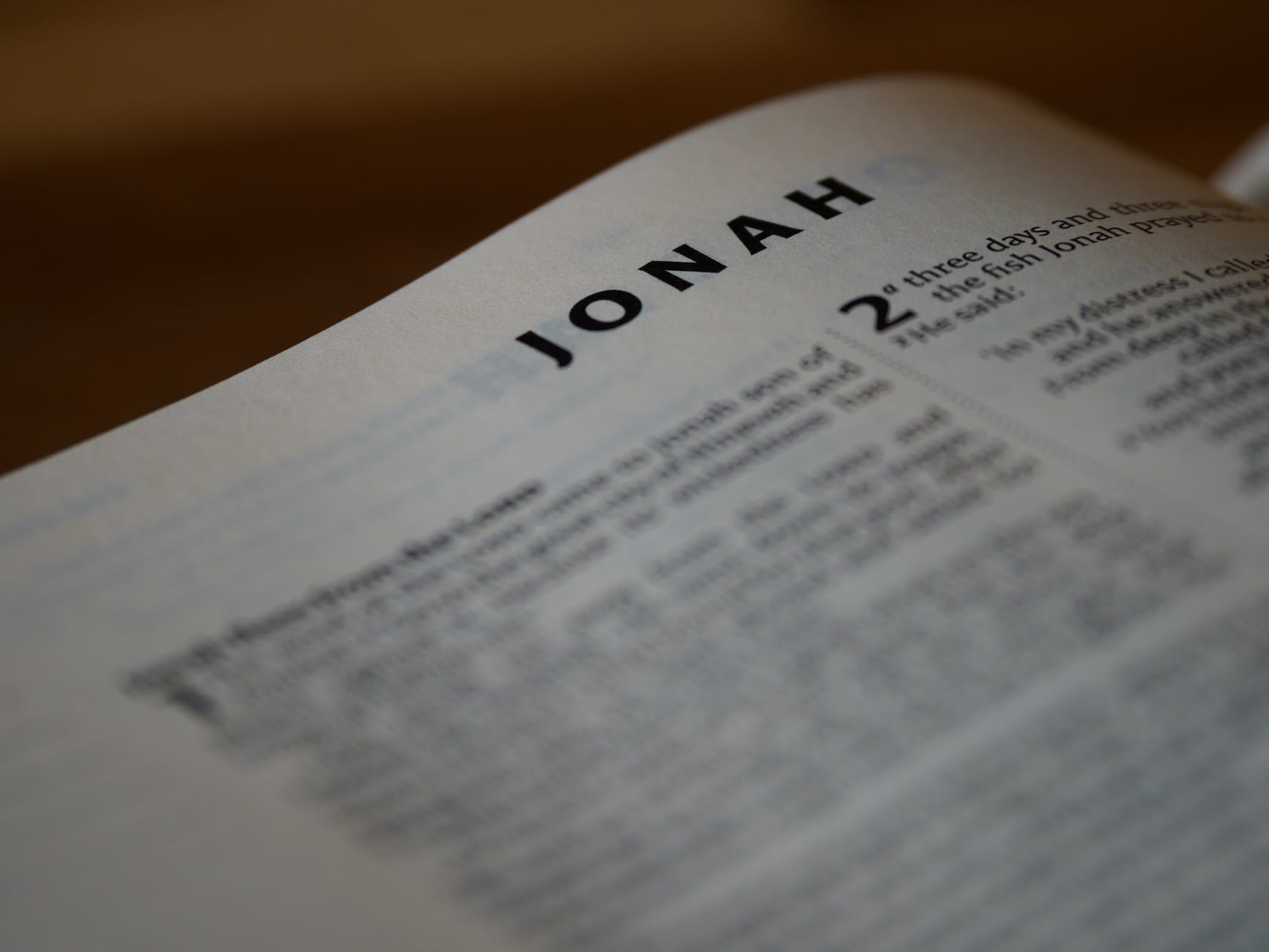
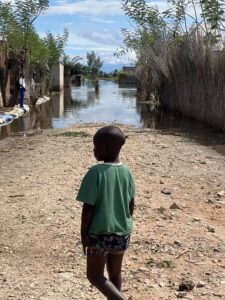

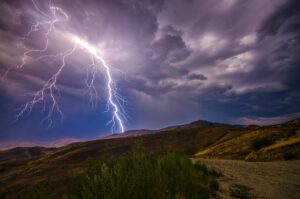

Leave a Reply